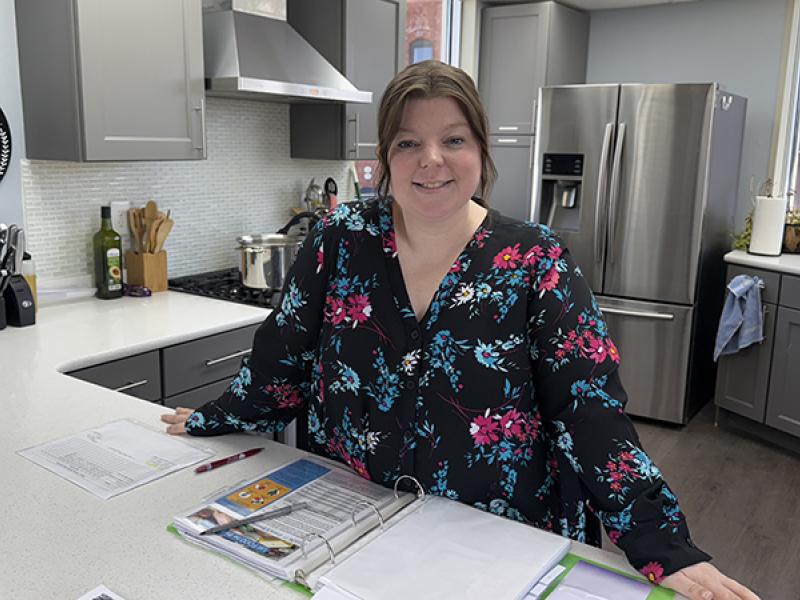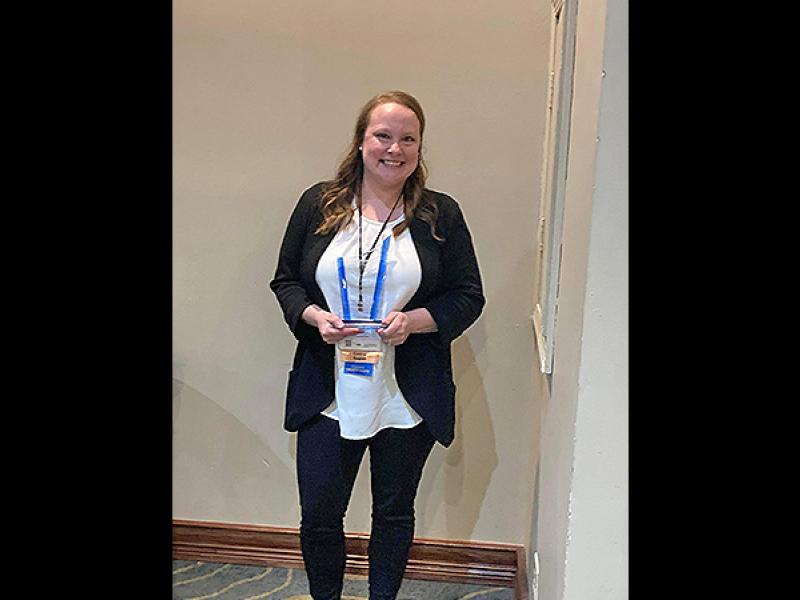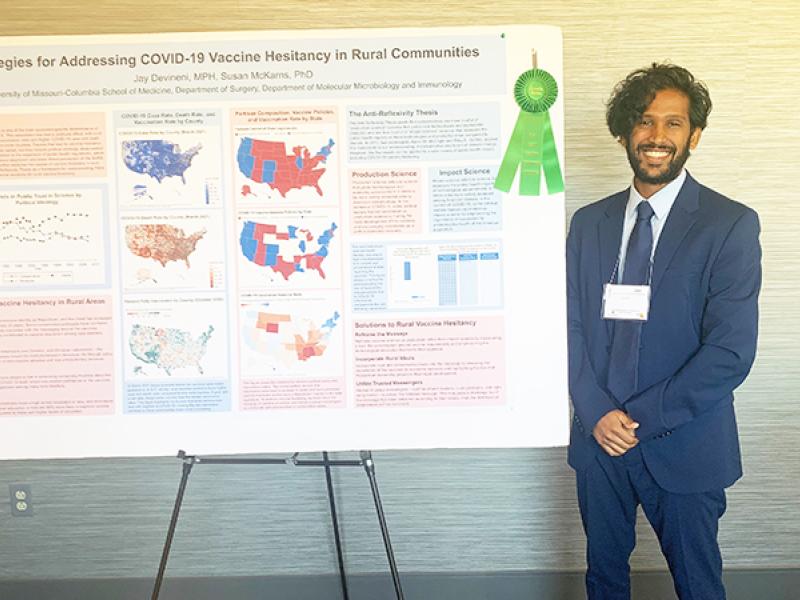
Mark Ellis, MD, watched his clinic fall apart around him.
In 2015, Ellis was one of six primary care doctors at a seemingly successful clinic in Springfield, Missouri. The practice was highly rated, consistently profitable and the clinicians all got along. But things began to unravel.
Within six months, every provider except Ellis left the practice. Three split off to form a primary care group that didn’t take insurance. Another doctor left to practice abroad. Another left to take a teaching position. The clinic where Ellis had practiced for the last decade shut its doors.
“Something that I had thought was a stable practice of people who enjoyed their work, I realized, under the surface, had not been stable,” he said.
Upon reflection, Ellis had seen some signs: His colleagues were fed up with insurance companies. They had persistent issues with administration. Overall, they were less engaged in the practice.
“There was evolving burnout,” he said.
What Ellis’ colleagues were facing reflects a widespread phenomenon in modern medicine. According to an annual report published by Medscape, 47% of physicians reported being burned out.
Physician burnout is long-term job-related stress that manifests as emotional exhaustion, depersonalization and loss of meaning in work. Burnout not only leads to poorer health outcomes and quality of life for those who experience it, but also has a direct impact on patient care and the health care system more broadly.
One study estimates that physician burnout costs the health care system roughly $5 billion a year. It’s been shown to increase physician turnover, decrease access to care and increase costs to patients.
Ellis saw the consequences of burnout firsthand and knew something needed to change. He and a team of clinicians and faculty at CoxHealth in Springfield are building tools and programs to prevent physician burnout and foster healthy professional and clinical environments.
The program, called CoxHealth Initiative for Physician Wellbeing, Resilience, and Enrichment will begin in September 2022. They will launch a series of interventions aimed at physicians at various points in their professional lives — ranging from mentorship programs for residents and early-career doctors to practice management consultation for more experienced physicians.
Through the initiative, Ellis also hopes to offer leadership trainings, a continuing medical education conference and linkages to volunteering and service work opportunities.
Ellis will be collaborating with Missouri Practice-Based Innovations Network (MO-PIN) to develop a research agenda for empirical data on the value of the physician well-being initiative.
“MO-PIN is excited to partner with Dr. Ellis and CoxHealth to bring systematic study and research of the program being implemented,” MO-PIN Co-Director Kevin Everett, PhD, said. “The COVID-19 pandemic has magnified the need to better understand factors contributing to clinician well-being and being purposeful in building practices to prevent burnout.”
The CoxHealth team will be working within its own system to prevent and address physician burnout, though Ellis recognizes that need exists far beyond its own clinics. He hopes to work with MO-PIN’s clinic partners to expand this initiative.
“You never know what ripples you have in the pond,” Ellis said. “It may be that some small thing that you've done or some effort you've put in could, in some small way, help us to reclaim what we should have had all along.”



